Fall’s nip is in the air and a glass of the 2004, Tedeschi, Amarone Classico will warm you as well as your favorite sweater.
Since 1824, Tedeschi has been a family-run winery in Italy’s Veneto region. Founded by Nicolo Tedeschi, today’s fifth generation, winemaker Riccardo, and his sisters, Antonietta and Sabrina, are directing the enterprise.
I visited Tedeschi at the beginning of this decade. Not only was I impressed with Riccardo Tedeschi’s winemaking talent and the family’s dedication to its ancestral vineyards; but equally enlightening was a seminar by Sabrina, who completed a two year research project at the San Michele All’Adige University on the value of antioxidants in wine.
Her research showed that Corvina, one of the grapes of Amarone, has the riches resveratrol content of all grapes. Resveratrol is the polyphenol found in grape skins that has cardioprotective effects.
Earlier this year, I tasted the range of Tedeschi wines with Riccardo Tedeschi, and a few weeks ago the newest arrival in our market, the 2004, Amarone Classico.
Riccardo Tedeschi makes his 2004, Amarone Classico from a blend of 30-percent each Corvina, Corvinone, and Rondinella, and 10-percent Molinara, all indigenous grapes of the Valpolicella area.
Unlike nearly all other red wines, the grapes for Amarone are harvested and placed on straw mats or plastic trays for a three to four month drying process, called appassimento.
Once they reach the proper semi-dried state, the grapes are pressed and fermentation begins in stainless steel tanks. The wine is than transferred to large Slavonia oak casks where it ages two years and further refined in bottle for six months.
The 2004, Tedeschi, Amarone Classico has a brilliant black cherry color with bursts of prune and cherry-like aromas. It is expansive and elegant on the palate with wonderful fruit flavors and a hint of cinnamon, and supported with firm tannins and crisp acidity.
During the drying process the grapes lose about 30-percent of their weight, concentrating the sugar content which converts into alcohol during fermentation yielding a wine of 15-percent alcohol.
While California Zinfandels have this level or higher alcohol, they often lack Amarone’s acidity, making them feel heavier on the palate.
The excellent balance of the Tedeschi, 2004, Amarone Classico makes it an ideal fall and winter dining partner with roasted meats, stews, and root vegetable casseroles.
And it is much more enjoyable than visiting your cardiologist.
The 2004 Tedeschi Amarone Classico retails for approximately $45.

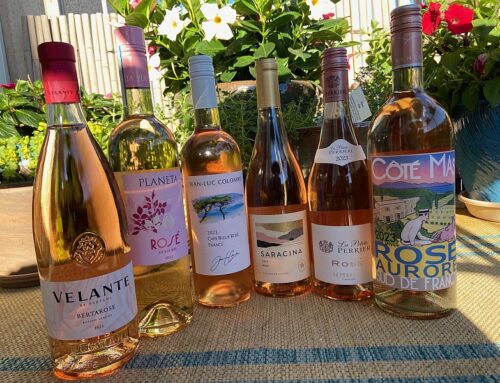
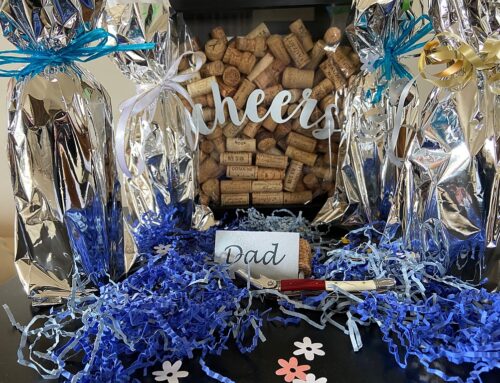
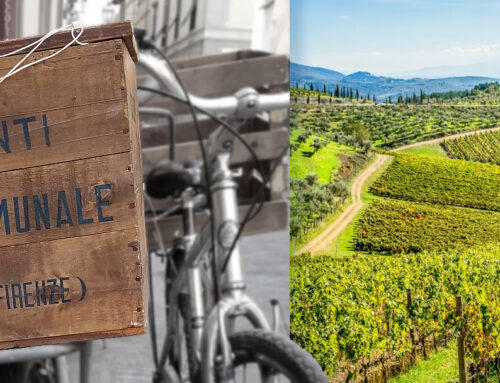
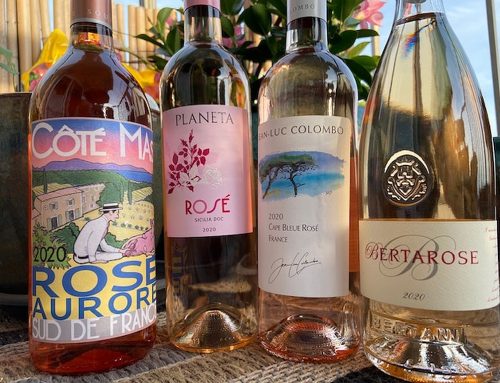
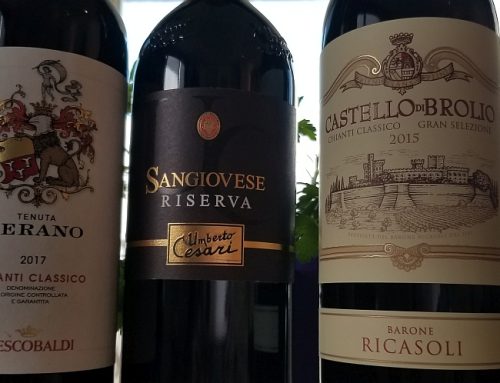
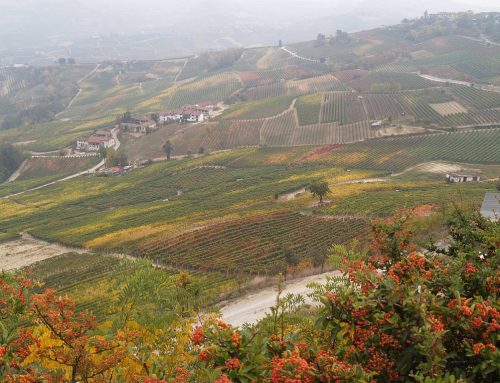
Leave A Comment